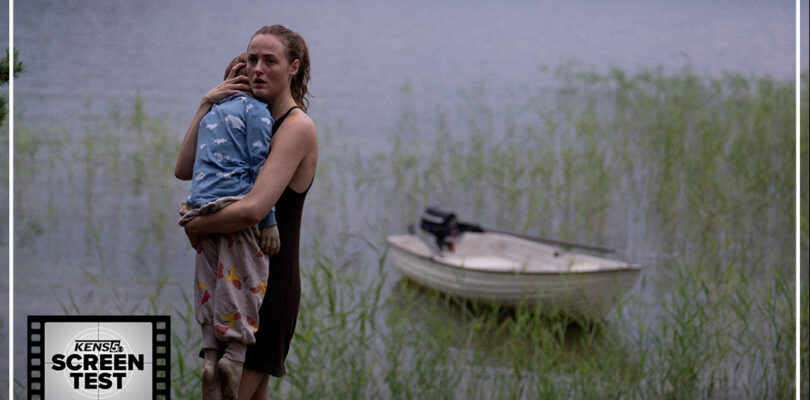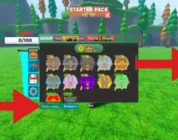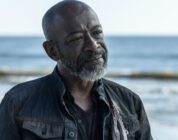This frosty Norwegian sorta-horror could be a gateway movie to arthouse-averse audiences, though it suffers from little distinction between its three storylines.
TEXAS, USA — In one sense, “Handling the Undead” is a zombie movie like no other before it. Propelled along not by danger but by sadness, Norwegian director Thea Hvistendahl’s feature film debut deploys heavier doses of melodrama than horror across its three-part mosaic of (after)lives in mourning and what happens when the forever lost suddenly return home.
Unlike the various landmark efforts in zombie cinema, it isn’t the undead our attention is fixed upon in Hvistendahl’s film, as was the case with the sprinters of “28 Days Later” or the shamblers from “Night of the Living Dead”… it’s the family members or partners who meet their arrival not with terror but with curiosity, their ambivalence rooted in a place of such intensely muted, careful searching that they can hardly be called alive themselves. Given that a father, David (Anders Danielsen Lie) thinks it’s perfectly alright for his young son to approach his recently resurrected mother communicating only through blank stares and the occasional moan, one has to think that George A. Romero never existed in this world.
Or, the alternative: David and the movie’s other characters are reckoning with a grief so deeply embedded that they’ll risk danger in order to avoid closure, hence why the mood and ambience of Hvistendahl’s movie itself feels like it’s in a state of advanced decomposition.
The question then becomes: Where in the movie is there life? And can the movie succeed if there’s no strong indication about the life David, Renate Reinsve’s Anna (her dead son suddenly alive again) and Bente Børsum’s Tora (celebrating the shocking return of her partner) are trying to return to as they try to rekindle some semblance of connection, an endeavor that plays out as a perverted, one-sided affair that might make you sympathize more with the dead than the living? In this debut that feels more like a proof of concept for Hvistendahl’s future efforts than a memorable exploration of the potency of remembering better times, the answer is largely no.
As a purely aesthetic work, though, “Handling the Undead” does have a heartbeat to it. And given the scarcity of dialogue (Hvistendahl and John Ajvide Lindqvist, who wrote the 2005 novel the movie is based on), there’s plenty to infer from the penetrative stillness, ghostly atmosphere and pensive pacing in this film about lives in limbo. It feels like a bit of an in-joke, for instance, when “Handling the Undead” opens with a prolonged sequence showing Anna’s father waking up, grabbing a bag out of the fridge, slowly walking to an adjacent apartment building and visiting a daughter not keen on interacting with him. What on earth could be inside that bag? Why, just some food. But the fact it became a small mystery might say a lot about the attention we pay to insignificant details in order to numb the feeling of larger loss.
Even in these early scenes, a frosty mood has been established over the three parties we follow in “Handling the Undead.” The implication is that each of them is in a different stage of mourning – an empty crib in Anna’s apartment suggests it’s been that way for months or years, while we see Tora attending a lonely funeral and David’s final morning with his wife before tragedy strikes – but there isn’t enough distinction to each storyline that differentiating them makes much sense in the first place aside from stretching the story to feature-movie length.
“Handling the Undead” plays, then, like Baby’s First Arthouse Horror, though that isn’t the jab it may read like; there’s value, in an MCU-less start-of-summer period, to provide curious audiences with a gateway to other slower-moving thrillers like this one, and to help them realize, if they don’t already, that there’s nothing wrong with a slower-moving thriller. “Handling the Undead” is as different a zombie flick to “World War Z” as “Signs” is to “Independence Day” for aliens, and Hvistendahl does manage to prove she has the chops to ride that genre versatility. But as stirring as the sadness that’s brought to the effort by its small ensemble is – the final moments between Anna and her reanimated son hit deeper than he was buried earlier on – her film often feels as disoriented as its undead, caught between experimentation and psychological deconstruction.





